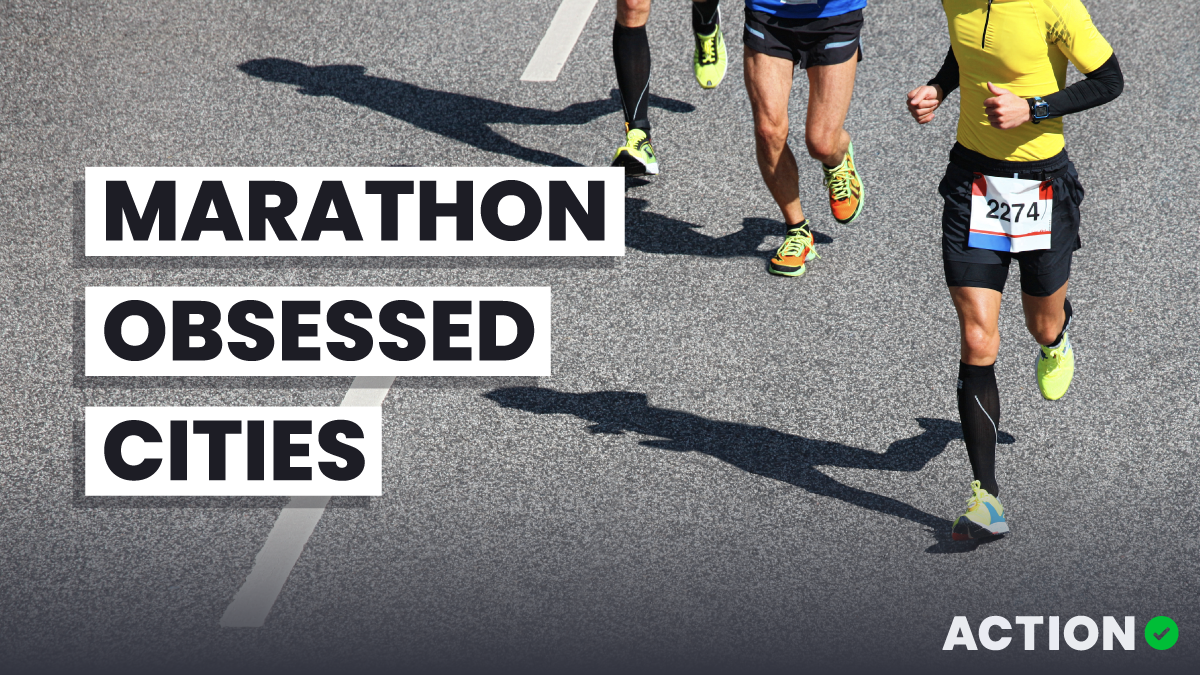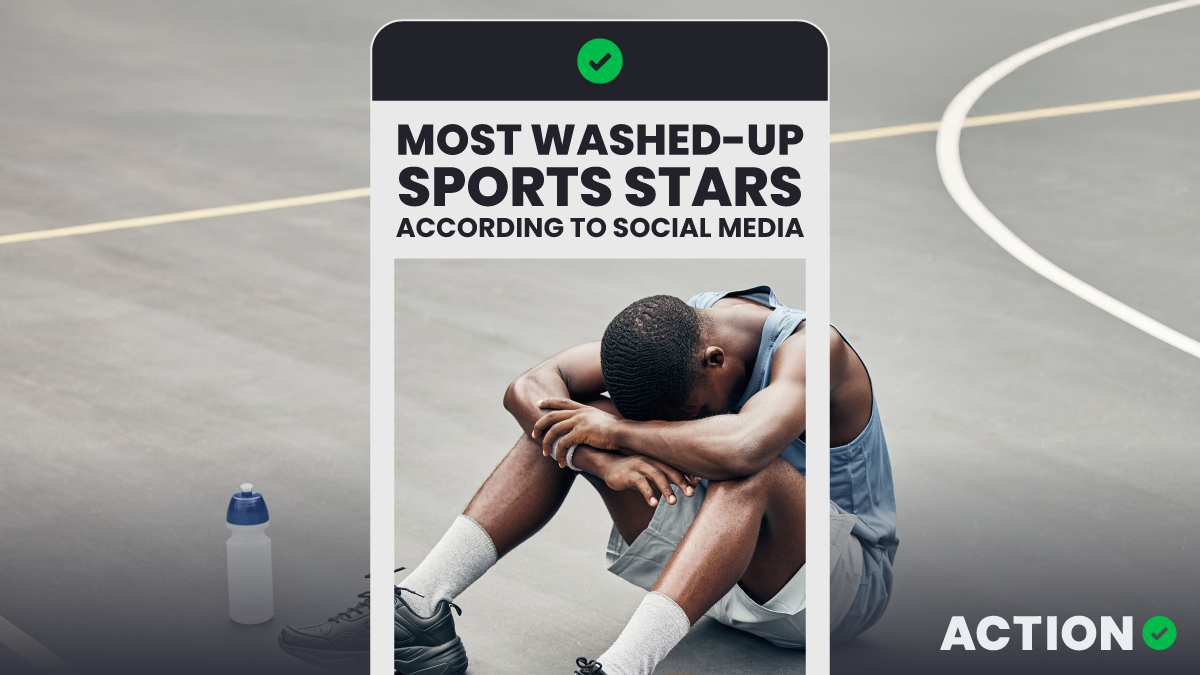On Saturday, Agence France-Presse reported that professional tennis player Alice Tubello of France had filed a complaint with Paris prosecutors after she allegedly received 300 hateful social-media messages — many from disgruntled sports bettors — following a quarterfinal loss to Dana Guzman in a tournament in Peru.
Tubello told AFP, "Whether it's a victory or a defeat, every time after a match, I receive hate messages."
She singled out "recurring abuses with sports betting," adding, "I've even had punters come behind the fence on my property."
The online harassment she suffered after the loss to Guzman reportedly included someone setting up a false Facebook page created in Tubello’s name, which used slurs to describe her family members — including one which referred to her father as a pedophile.
Finally Waking Up to the Issue
Tubello's complaint comes at a time when the global sporting world seems to be truly waking up to the issue of harassment of athletes online.
According to AFP, fellow Frenchwoman Caroline Garcia has also shared examples of the bullying she's been subjected to online, citing "unhealthy betting" as a major factor behind it.
Thankfully, the helpless and apathetic attitudes that have stymied most attempts to prevent or punish awful — and, at times, criminal — behavior toward athletes online seem to be giving way to people and organizations who are intent on finally cleaning things up.
To wit, Signify is a British firm that uses artificial intelligence to scour social-media accounts for hateful messages directed toward individuals and organizations inside and outside the sporting realm. If this vitriol rises to a certain threat level, Signify gets law enforcement involved — and its work has resulted in arrests and charges.
Furthermore, Signify recently announced a partnership with gambling-harm reduction specialists EPIC Global Solutions that it hopes will augment its policing of unruly online behavior with a healthy pinch of prevention.


















































